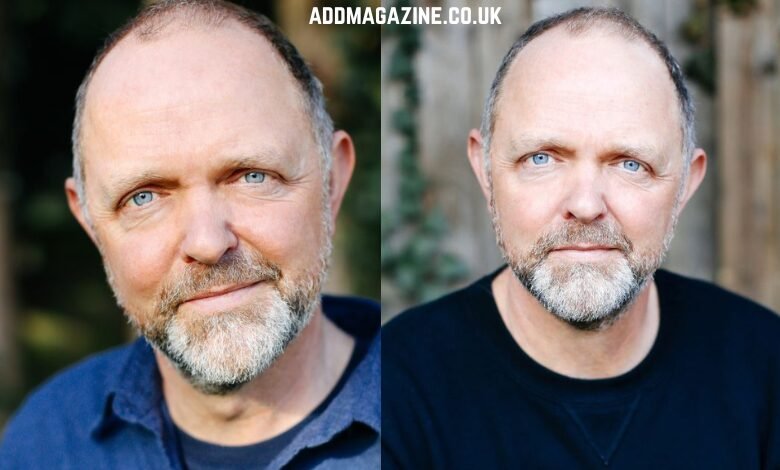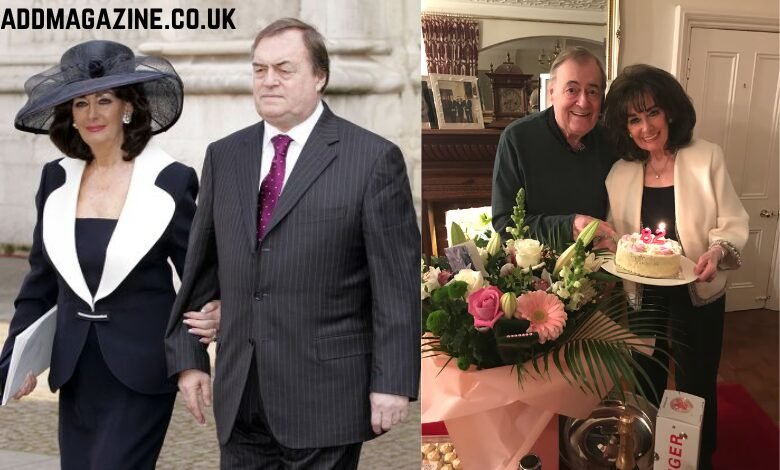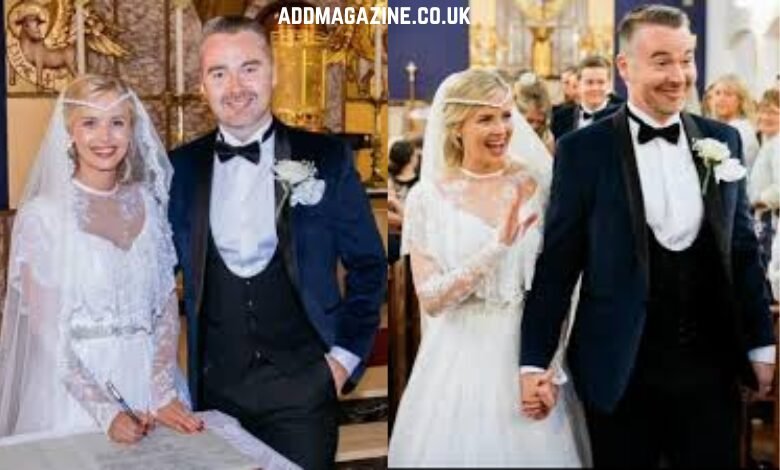Benjamin F. Abell, known to many as Ben Abell, was a distinguished American meteorologist whose career spanned decades, leaving a lasting impact on both the academic world and the local St. Louis community. Born on March 1, 1932, Abell’s lifelong passion for weather and its effects on human life shaped not only his professional journey but also the public’s understanding of meteorology. His work, particularly in St. Louis, served as an enduring bridge between science and the everyday lives of residents in the region. Abell’s contributions to meteorology are significant, and his legacy in weather forecasting and community service remains remarkable.
Early Life and Education
Ben Abell’s fascination with weather began in his childhood. Growing up in the Washington, D.C. area, he witnessed firsthand the devastation caused by severe flooding. This early exposure to the destructive power of nature sparked his interest in meteorology. In addition, working on his uncle’s tobacco farm during summers gave him a practical understanding of how weather impacts agriculture, further deepening his interest in how meteorological events shape the world around us.
Abell’s academic journey began at Saint Louis University (SLU), where he earned his Bachelor of Science degree in 1960. His passion for the subject led him to pursue a Master of Science degree in meteorology and statistics, which he completed in 1965. Initially, Abell intended to work for the National Weather Service (NWS), but an unexpected opportunity arose in 1962 when he accepted a position at Parks College, which later merged with Saint Louis University. His career at SLU would last for almost 50 years, where he became a beloved professor and a major figure in the university’s meteorology department.
A Distinguished Career at Saint Louis University
Ben Abell’s academic career was dedicated to fostering a deeper understanding of meteorology in both students and the broader community. As a professor in the Department of Earth and Atmospheric Sciences at SLU, he taught a variety of courses, including climate studies, severe storms, and weather forecasting. He was particularly passionate about teaching students how climate influences history and how weather patterns could predict significant events in human society.
Abell also played an instrumental role in shaping the meteorology program at SLU, especially as the program director for undergraduate meteorology. He served as the primary contact for prospective students, encouraging young minds to explore meteorology as a career. His research areas included severe local storms, climate change, tropical cyclones, and the science of weather forecasting. His academic work not only provided new insights into these fields but also helped students develop the analytical and forecasting skills that would benefit them in their professional lives.
Abell’s contributions to meteorology went beyond the classroom. He was also a forensic meteorologist, lending his expertise to legal cases where weather played a crucial role. His work in this field helped demonstrate the importance of meteorological data in understanding and resolving complex legal issues.
Volunteer Meteorologist for KWMU
Perhaps one of the most significant aspects of Ben Abell’s career was his volunteer work as the sole meteorologist for St. Louis’ public radio station, KWMU-FM. Beginning in 1972, when the station first started broadcasting, Abell became an integral part of the station’s operations. At the time, students from SLU had been providing weather forecasts for KWMU, but they were preparing them the night before, which did not allow for accurate morning predictions. To improve the quality and reliability of the forecasts, Abell agreed to volunteer his time, providing forecasts that would be broadcast on KWMU.
Abell’s approach to forecasting was pragmatic and rooted in experience. He became well-known for his candid and straightforward forecasting style, famously stating, “I can’t rule it out,” when discussing potential weather outcomes. This phrase became synonymous with his forecasting method, where he relied on his instincts and years of experience, alongside computer-generated models, to make the most accurate predictions. Abell’s approach was particularly appreciated because of his transparency; he would explain the reasoning behind his forecasts and acknowledge when there was uncertainty.
His work on KWMU was widely appreciated by the St. Louis community. His forecasts were considered reliable and reflective of his deep knowledge and experience in meteorology. For over 35 years, Abell provided more than 120,000 weather forecasts for the St. Louis area, becoming a trusted voice for the region. His volunteer role at KWMU extended beyond just forecasting; he became a part of the fabric of the community, with listeners relying on his reports to plan their days.
Recognition and Awards
Ben Abell’s contributions to meteorology and local radio did not go unnoticed. In 2000, he was awarded the title of “Best Meteorologist” by the Riverfront Times, a reflection of his popularity and effectiveness as a weather broadcaster. Additionally, St. Louis city Mayor Clarence Harmon proclaimed February 2, 2000, as “Ben Abell Day,” recognizing his decades of service to the community.
Abell’s work in the radio industry was further acknowledged when he was inducted into the St. Louis Radio Hall of Fame in 2005-2006. This prestigious honor highlighted not only his meteorological expertise but also his dedication to serving the public through radio. His ability to connect with listeners, provide valuable information, and communicate in a clear and understandable way made him a beloved figure in St. Louis.
Retirement and Later Life
After a remarkable 35 years of service as KWMU’s meteorologist, Abell retired from his volunteer position in 2007. By that time, he had become one of the most recognizable voices in St. Louis radio, having provided forecasts for decades. Abell’s retirement marked the end of an era for the St. Louis radio community, but his legacy as a meteorologist continued to inspire many in the field.
In his later years, Abell faced several health challenges, but he remained deeply respected for his contributions to both the academic and meteorological communities. He passed away on February 11, 2019, at the age of 86, in a nursing home, leaving behind a legacy of dedication to science, education, and public service. Abell was buried at the Jefferson Barracks National Cemetery, where he was honored for his service as a veteran.
Conclusion
Ben Abell’s career is a testament to the power of combining passion with service. Whether through his work as a professor at Saint Louis University, his dedication to forecasting on public radio, or his contributions as a forensic meteorologist, Abell left an indelible mark on the field of meteorology and the St. Louis community. His pragmatic approach to weather forecasting, his warmth, and his ability to communicate complex information in a relatable manner made him a trusted figure in St. Louis for decades.
Through his work, Abell not only shaped the careers of future meteorologists but also provided the people of St. Louis with a reliable source of weather information for over 35 years. His legacy lives on in the generations of meteorologists he mentored, the community he served, and the many forecasts that helped people navigate their daily lives.
FAQs
- Who was Ben Abell?
Ben Abell was a renowned meteorologist and professor at Saint Louis University, known for his work in weather forecasting. - What was Ben Abell’s role at KWMU?
Ben Abell was the volunteer meteorologist at St. Louis’ public radio station KWMU, providing forecasts for over 35 years. - What are some of Ben Abell’s contributions to meteorology?
He researched severe storms, climate change, and weather forecasting, and taught meteorology for nearly 50 years at SLU. - When did Ben Abell retire?
Ben Abell retired in 2007 after providing over 120,000 forecasts on St. Louis radio over a 35-year period. - What awards did Ben Abell receive during his career?
Ben Abell was inducted into the St. Louis Radio Hall of Fame in 2005–2006 and received “Best Meteorologist” accolades in 2000.




